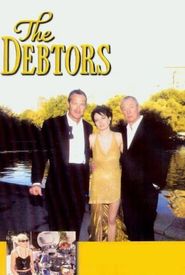Evi Quaid, a trailblazing American film director, has had a life marked by both controversy and creative genius. At the tender age of 12, she left home permanently, embarking on a journey that would see her attend five different New England boarding schools, only to be summarily expelled from each for her unconventional behavior.
Her Greek grandfather, in a show of unwavering support, financed her education, which ultimately resulted in her being denied a high school diploma due to her repeated bad behavior. Despite this setback, Evi's passion for film and visual arts continued to burn brightly, leading her to pursue her creative endeavors with unwavering dedication.
As she worked to develop diverse characters for photographers, Evi developed a unique talent for infusing humor and instant gratification into her work, pushing the boundaries of what was considered acceptable in the process. Her early experiments with stereotypes of the nude, while initially met with resistance from photographers, ultimately resulted in the creation of provocative and thought-provoking pieces that challenged traditional norms.
Evi's nude portraits have been featured prominently in exhibitions and publications around the world, including Helmut Newton's "Sex and Landscapes" and numerous issues of Italian, American, and British Vogue. Her work has been praised for its boldness and willingness to confront and challenge societal norms.
As a director, Evi has made a name for herself with her fearless approach to storytelling. Her debut feature film, "The Debtors," received critical acclaim when it was accepted into the Toronto International Film Festival in 1998, with Peirs Handling noting that it "adopts the style and mannerisms of the screwball comedies of Hollywood's greatest era." Despite being banned from release, Evi successfully set a legal precedent in preserving the rights of filmmakers to protect their creations against the interference of financiers.
Evi Quaid is also notable for being the second woman in feature film history, after Ida Lupino, to direct her own husband in a feature film, a testament to her unwavering dedication to her craft and her unshakeable confidence in her abilities.
























